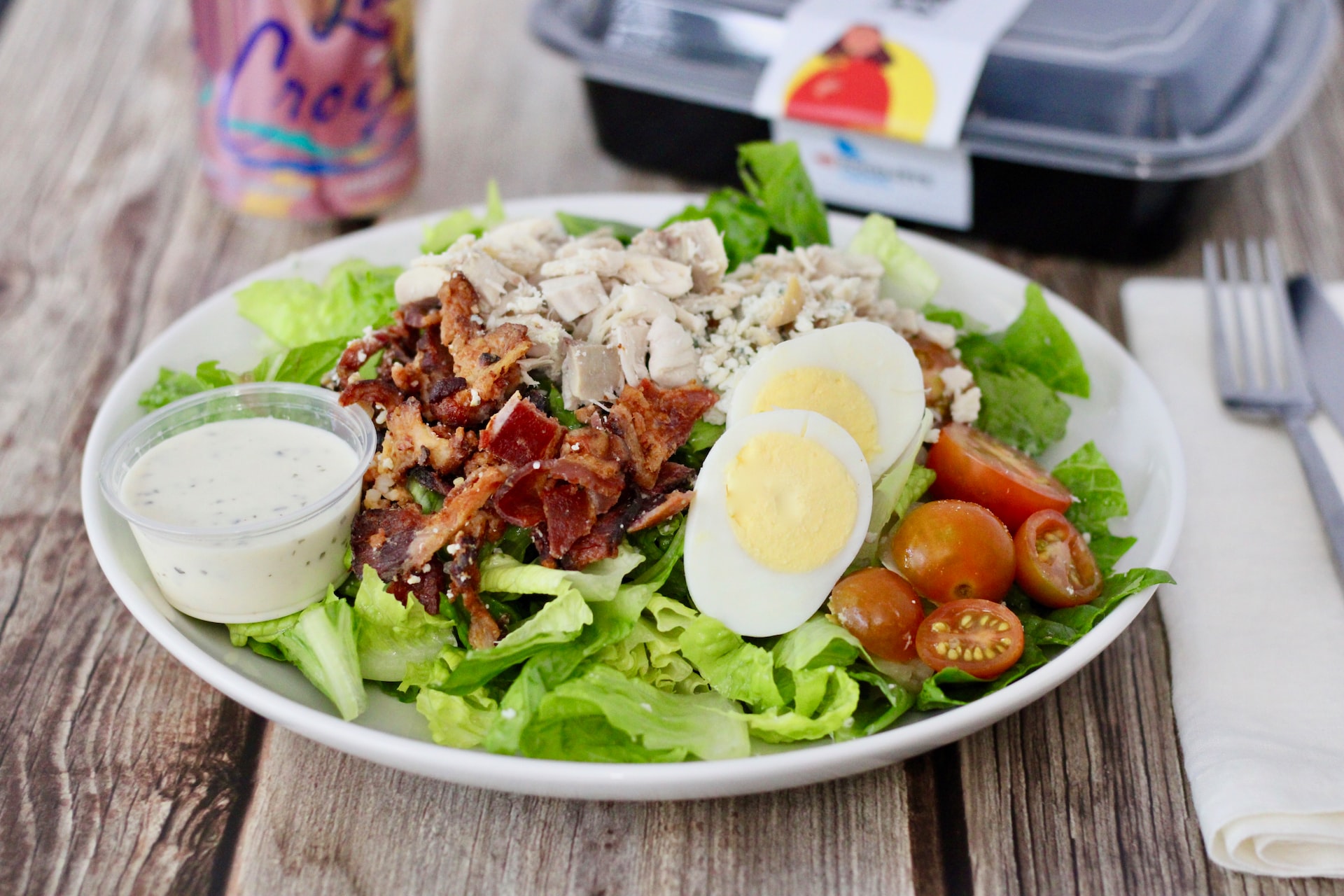
Like fats and carbohydrates, proteins are also macronutrients, vital for our health, and so all three should be part of the human diet. However, while you have to pay attention to the types of carbs and fats you consume, proteins are not that controversial.
High-protein diets are often recommended for weight loss, but that is not their only benefit. So, let's talk about why it is important to eat a protein food, as well as about the significance of complete vs. incomplete protein.
Understanding the difference between complete and incomplete protein
Proteins are organic molecules made of amino acid chains. If a protein consists of all 9 essential amino acids, it’s called a complete protein and refers to animal-based foods and soybeans. In case a protein is missing one or more of these essential acids, it’s considered an incomplete protein and includes plant-based food, like grains, seeds, nuts, fruits, and vegetables.
Poultry, eggs, fish, pork, beef, dairy, and soy sources are enough to eat on their own, considering they are complete proteins. However, vegan and vegetarian diets need to combine two or more incomplete proteins to get all 9 essential amino acids through their diet. For example, combine lentils, black beans, and chickpeas; or spinach, Brussels sprouts, and broccoli to achieve this effect.
A healthy way to control appetite
We mentioned the importance a predominantly protein diet has on weight loss, but let's dig deeper into this. In 2020, a review of studies on how a high-protein diet induces weight loss was conducted in Korea including research that lasted from 6 to 12 months. The results showed that a high-protein diet can not only help with weight loss but also prevent obesity.
The science behind it all is that proteins decrease appetite and increase satiety. This means that if you want to lose weight, you should lower fats and carbs, and eat more protein to control hunger, and eat fewer calories.
No more cravings
Cravings are a reason you end up with your head in the fridge looking for that late-night snack. Unlike classic hunger which is about replenishing energy with food, craving is less about that and more about the brain's need for reward. These can be a challenge and hard to resist, and the best way to prevent them is with a high-protein diet.
The University of Missouri research showed promising results of increasing protein intake during weight loss efforts in overweight and obese men. According to data, the cravings were reduced by 60% when the protein ratio was increased to 25% of reduced calories.
A metabolism boost that will burn fat
It may be short-lived, but increasing protein intake can give your metabolism a boost. This is called the thermic effect of food (TEF) which means that to digest food, your body needs calories for fuel. All three macronutrients have TEF, but protein's thermic effect is significantly higher.
According to a 2015 study in the USA, the group that was on a high-protein diet burned 260 more calories than the group on a low-protein diet every day. Although this is like performing moderate-intensity exercise for an hour, a high-protein diet shouldn’t be a replacement for real physical activity. The best results are achieved by combining a properly planned high-protein diet and exercise when it comes to maintaining and losing weight healthily.
Crucial for gaining muscles
You probably noticed celebrities and fitness gurus showing off their diets that often consist of juicy steaks, like the ones from Sutcliffe Meats. The meat is highlighted so much because it's a complete protein that serves as the building block of muscles. If you are lifting weights or doing any other strenuous exercise intended to tone you and build muscle mass, you need to eat a proper amount of protein.
The same applies to those who are physically active in any other way, hoping it will help them to have more defined muscles. Moreover, being on a high-protein diet can prevent losing muscle mass when you are on a weight loss plan.
Staying fit after 50
Staying fit over the years is not easy, especially when your bone and muscle masses decrease, blood pressure starts to oscillate, and you are suddenly in the high-risk group for cardiovascular diseases. For example, sarcopenia or muscle loss affects 10% of the population over 50, and can make bones frail, and more prone to fractures.
The good news is that studies, like the one from 2008 conducted at the University of Texas Medical Branch, proved that a high-protein diet may prevent sarcopenia, as well as age-related muscle deterioration. Moreover, increasing protein intake can be beneficial for healing from an injury and lowering the risk of osteoporosis by maintaining healthy bone mass.
The bottom line
Not only do these reasons show why it is important to eat a protein food, but also help you understand how your body works. Every action that the body makes, internal and external, spends a certain amount of energy that was obtained with food as calories.
While not everyone needs high-protein diets, they do need to ensure they get at least 15% of their calories from protein already. Otherwise, 25–30% of calories from protein is recommended for people who want to improve their musculoskeletal health, gain muscles, normalize blood pressure, and lose weight.























